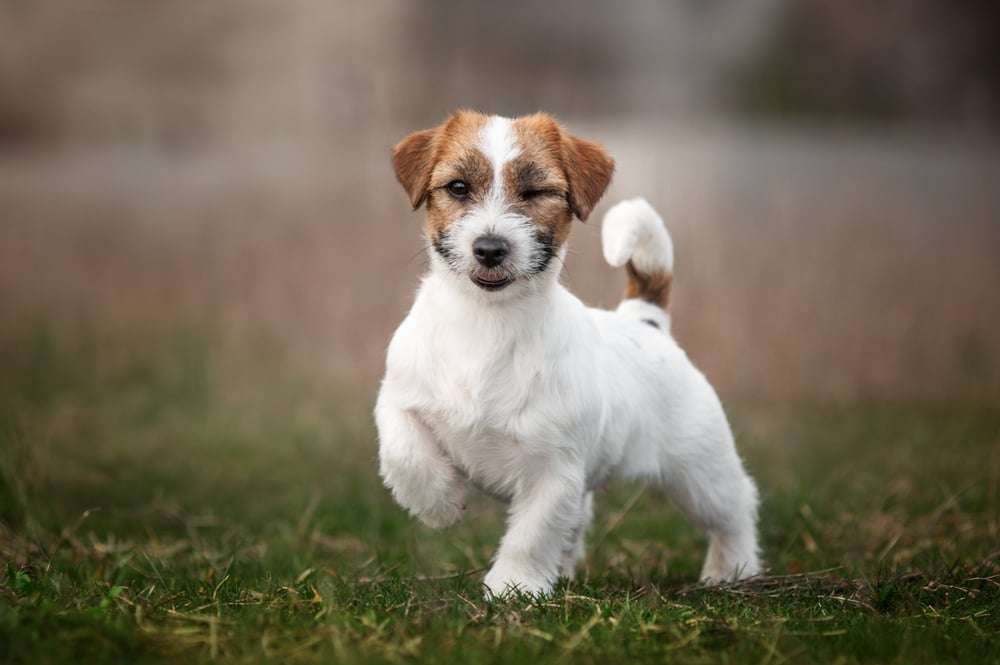
Nutritional Support for the Liver
The liver is one of the most important organs in your pet’s body—it helps with digestion, removes toxins, supports immunity, and keeps overall metabolism in balance. But just like humans, dogs and cats can develop liver problems, especially as they age or if they have underlying health issues. Because liver disease in pets often shows subtle symptoms, early detection, vet care, and nutritional support are key.
What Causes Liver Disease in Pets?
Liver disease can be either primary (starting in the liver itself) or secondary (caused by another issue affecting the liver). Here are some of the most common liver conditions seen in dogs and cats:
Common Liver Conditions in Dogs
- Chronic Hepatitis – Inflammation and scarring of the liver, sometimes linked to copper buildup in breeds like Labradors and Dobermans
- Canine Vacuolar Hepatopathy – Often associated with hormonal imbalances or long-term steroid use
- Portosystemic Shunt (PSS) – A birth defect where blood bypasses the liver, leading to toxin buildup
- Liver Tumors – The most common is hepatocellular carcinoma (HCC), though cancer often spreads to the liver from elsewhere
Common Liver Conditions in Cats
- Hepatic Lipidosis (Fatty Liver Disease) – A serious condition often triggered by sudden loss of appetite
- Cholangitis/Cholangiohepatitis – Liver inflammation that may be linked to IBD or pancreatitis (a triad called feline triaditis)
- Portosystemic Shunt (PSS) – Just like in dogs, it causes neurological signs and poor growth
- Liver Cancer – Lymphoma is the most common liver cancer in cats
-

Liver issues should be treated very seriously
Signs of Liver Problems in Dogs and Cats
Liver disease can be tricky because signs are often subtle or vague:
- Yellow-tinged eyes, gums, or skin (jaundice)
- Lethargy or low energy
- Vomiting or loss of appetite
- Unexplained weight loss
- Increased thirst or urination
- Disorientation, seizures, or behavior changes
If you notice any of these symptoms —speak with your vet.
Nutritional Support for Liver Health
Diet plays a huge role in managing liver disease. Your vet may recommend a special diet tailored to your pet’s specific condition. Dietary Tips:
- High-quality, digestible protein to maintain muscle without overloading the liver
- Low copper diets for dogs prone to copper storage disease
- Low iron diets to reduce oxidative stress
- Moderate fat and carbs depending on the liver condition
- Increased antioxidants like vitamin E and omega-3s to support liver function
Natural Liver Support for Pets
In addition to diet, your vet may recommend natural liver supplements to protect liver cells and reduce inflammation:
- Silymarin (Milk Thistle)
Known for its antioxidant and anti-inflammatory properties, silymarin may help protect liver cells and support regeneration. - Vitamin E :
A powerful antioxidant that helps combat oxidative stress in liver disease. Often included in liver support formulas. - Omega-3 Fatty Acids:
Found in fish oil, omega-3s may help reduce inflammation and support liver health in both dogs and cats.
Recommended Products for Liver Support
When managing liver disease, these trusted products may help support your pet’s condition:
- Epato: a veterinary liver supplement for dogs and cats that combines silymarin, phosphatidylcholine, and vitamins E and B-complex to support detox, cell repair, and metabolic balance.
- Dr. Baddaky Omega-3: a high-quality marine omega-3 supplement rich in EPA and DHA, used to support liver function.
Contact your vet
If you suspect something’s off with your pet’s liver health, don’t wait. A proactive approach can help manage symptoms early and give your pet the best chance at a full recovery.